
Last year I was in Cologne at the Karnaval this year at the Munich Fasching. The carnival parties are awesome but also very special depending where you go! - Party Pics are at the bottom of this post!!

Famous carnival cities in Germany are Cologne, Mainz or Dusseldorf in the Rhineland, but also Munich and Berlin. Internationally you know especially the carnival celebrations in Rio de Janeiro, Venice or the Mardi Gras in New Orleans. What do all these areas have in common? Exactely! - They are overwhelmingly Catholic.
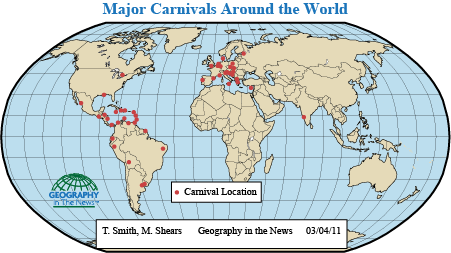
The Carnival was originally a festival, where the faithful could once again all sorts of delicacies before going on a 46-day diet. This is particularly clear at Mardis Gars, which means "fat Tuesday".
In Germany we love to eat sweet bread called Krapfen o Berliner.
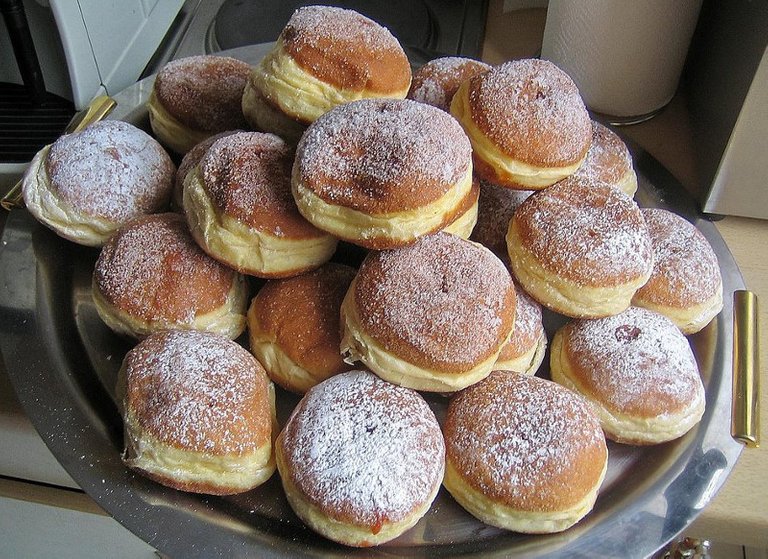
Especially in Cologne it is the time of Mett, which is basically crude meat with onions eaten with bread...often you form a little animal out of it to serve it :D
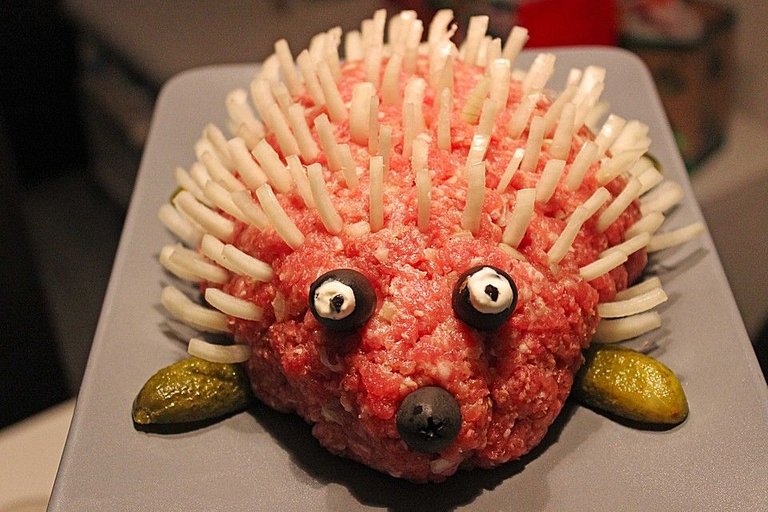
That are the food tratitions in Germany before the diet time begins and we just eat fish and no candy until easter.
While more than two million people are celebrating on the streets of Rio de Janeiro during the Carnival in Brazil and visitors are watching the Brazilian samba schools perform, half Spain is pouring into Cádiz in Andalusia. Here music and delicious specialties come first. In addition, the city enjoys almost a month of musical-dance performances and competitions.

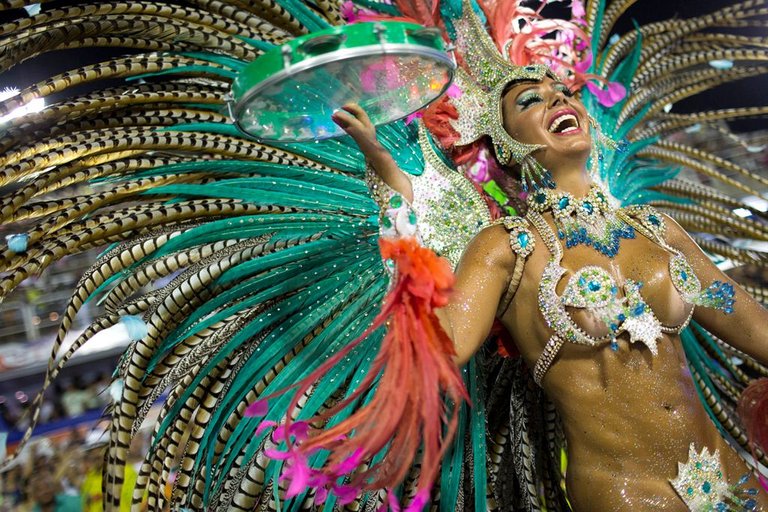
No less than the "Greatest Show on Earth" promises the city of Port of Spain in the island state of Trinidad and Tobago in the Caribbean. In addition to splendid costume moves, Port of Spain is best known for the J'ouvert on Rose Monday, where participants rub each other with paint, mud, chocolate sauce or crude oil.

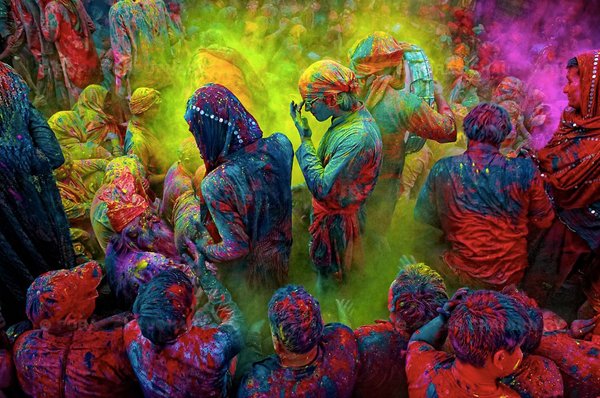
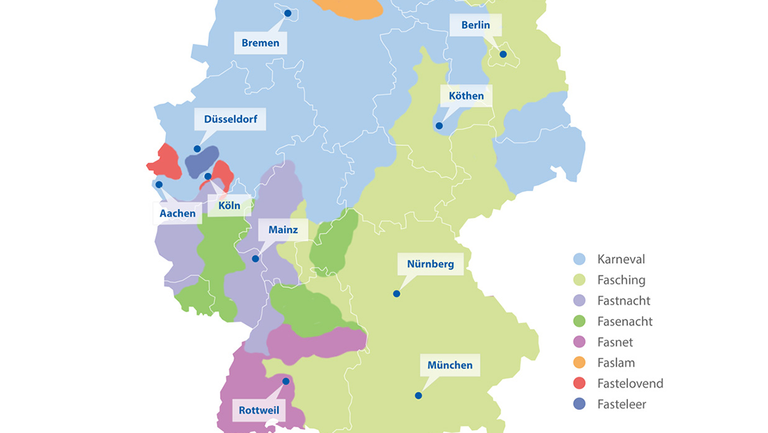
All three terms have their origins in the Christian festival before the beginning of Lent. The most obvious is the origin of course to recognize the Fastnacht. Originally, it meant only the night before fasting. At none of these celebrations could the traditional fast drink be missed. From the old German designation "Vastschanc" developed in the course of the time the today's word Fasching.
From a very similar direction is the name Carnival. Since the Catholic Church and the Pope in Rome completely forbade the enjoyment of meat during Lent, the celebrating Christians said in Latin on the eve of Lent: Carne vale! So, meat, farewell!
There are many theories about the origin of the carnival. First evidence of similar customs already exists in Babylonian inscriptions from the third century BC. Even the ancient Greeks, Egyptians and Romans knew festivals that celebrated the awakening of spring after the long winter months. Often the slaves were equal to the men during these events.
Others see the roots of modern carnival in the Celtic custom of evicting the evil spirits of winter. Although many of these customs have left their mark on the modern carnival, the actual origin of the colorful activity has a Christian origin. Before the beginning of the 40-day Lent, in which Christians are forbidden to consume meat and alcohol, the faithful once again celebrated extensively.
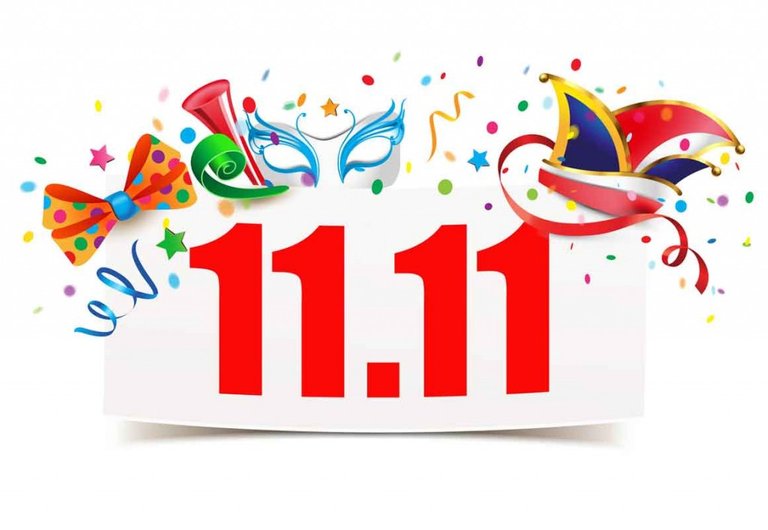
The prelude to the fifth season is always on 11.11. at 11:11. Why? - there are different theories about it. One entwines itself around the biblical number ten. Through the Ten Commandments it symbolized the divine order. The eleven crossed this magical frontier and overruled the ordinary order, as did the carnivalists taking over city halls.
On the other hand, others see the day on 11th November, when, according to the farmers calender, the year ends, which used to be celebrated with a festive party.
The duration of a carnival season is different every year and depends on the date of the Easter festival. This always takes place on the Sunday after the first full moon in spring, in between the 22nd of March and the 25th of April. Before Easter, all Christians have to fast for 40 days because Jesus also spent 40 days without food in the desert.
However, since the faithful are freed from this burden on Sundays, Ash Wednesday is always the beginning of Lent and the end of the carnival season 46 days before Easter. The carnival weekend therefore takes place always between 31 January and 5 March. The earliest possible date for the Rose Monday is February 2nd, the latest is March 8th.
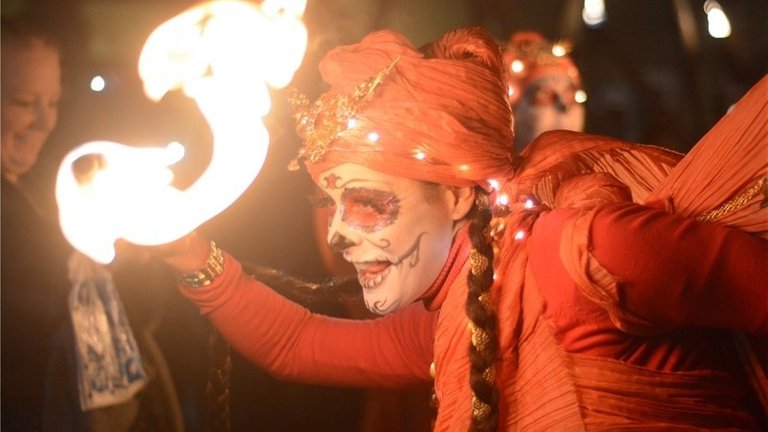
The custom to put on a costume on Carnival has no Christian, but Celtic origin. For the transition from the cold to the warm season, the evil spirits of winter were driven away with gruesome masks and a lot of noise. In Southwest Germany and much of Tyrol, this custom has been largely preserved, such as the Swabian-Alemannic carnival or the Egetmann parade in the Italian Tramin.
The highlight of the festive season in the Bavarian state capital is the dance of the marrow women, traditionally opened by the royal couple at the Viktualienmarkt. Every year on Shrove Tuesday, the women put down their work and dance in sumptuous costumes to exuberant music. In the cosmopolitan metropolis of Munich. However, even drawn carnival fanatics do not have to starve, because the Cologne - Munich carnival e.V. organizes the largest, original Cologne carnival party outside the Rhineland.
Of course this is also where we went!!
Every year, the carnivalist faces the crucial question of what to dress up for this year. In addition to eternal classics such as clown, cowboy or Indian, the preferences for costumes change from year to year.
So at the 2017 Carnival, Donald Trump parcels, so-called piggyback costumes and partner outfits were in trend. The absolute hit was the new war-star rogue Kylo Ren costume. One year before, however, sexy nurses were particularly popular with women and cowgirls among men. Many girls still want to be princesses once a year, while the boys like to make law and order as police officers. You also have good chances with costumes for current blockbuster movies. Star Wars Episode 8 theatrical releases and films such as Spider-Man: Homecoming, Guardians of the Galaxy Vol.2 and Justice League are expected to feature Star Wars and Superhero costumes be very popular in this carnival season.
I went as Johanna of Orleans in a knights fare.

As the party started already on monday afternoon and continued ever since, we could see many people on my way to the club, which by the way was already full at the time I arrived at 18:30hrs. :D
I just followed the mermaids naturally, until I got to the totally overcrowded club :D There we got ourselves some Kölsch = beer from Cologne and started the party
The atmosphere was really good, the people totally happy, the music good and the costumes awesome! We even met a german famous comedian: Jürgen von der Lippe!
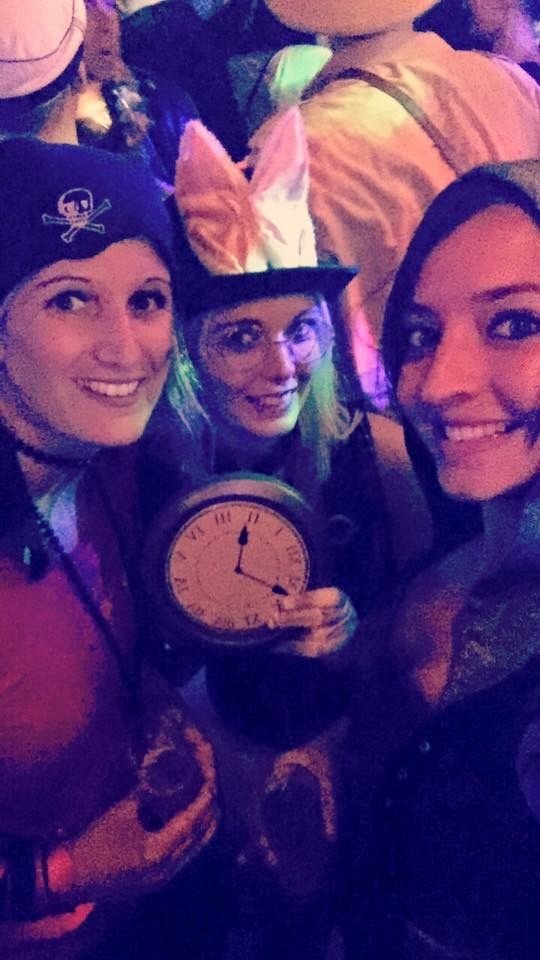
After the party we had our traditional meal at McDonalds and went home to get some sleep!
I hope you enjoyed reading my post and I am grateful for every Upvote, Resteem and Comment, as you are supporting my travels with it!
Cheers,
Liz
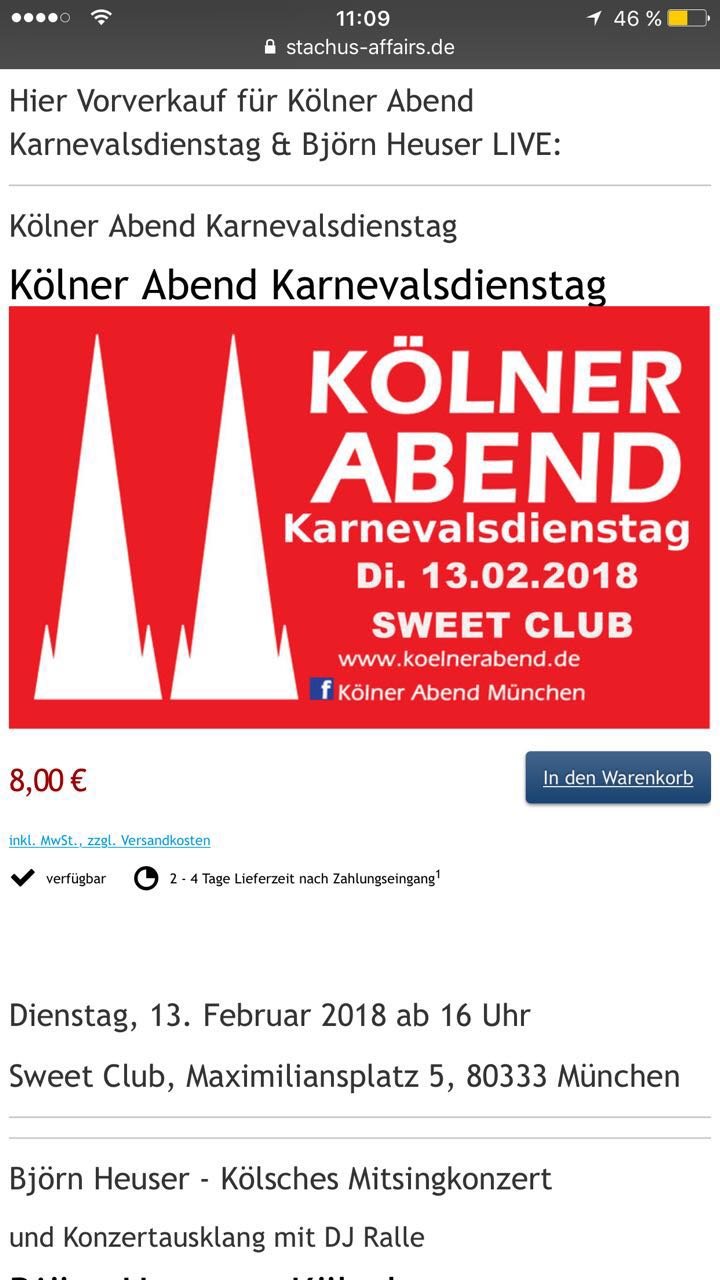

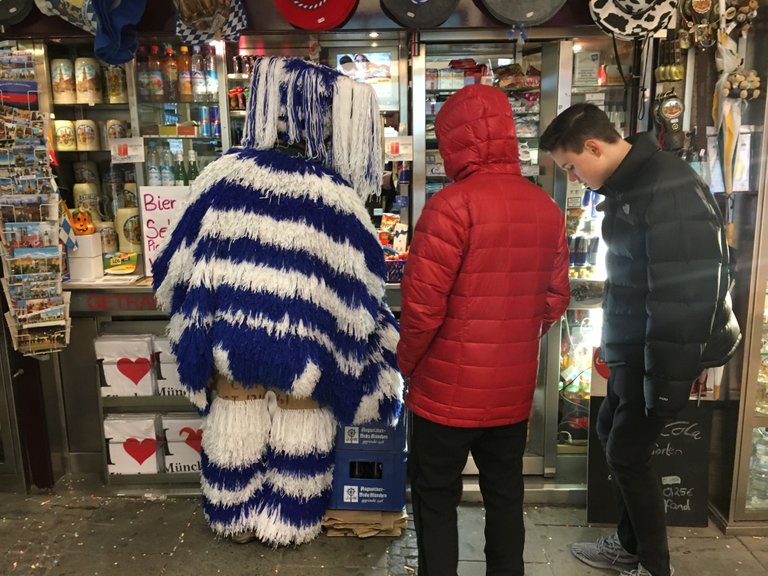

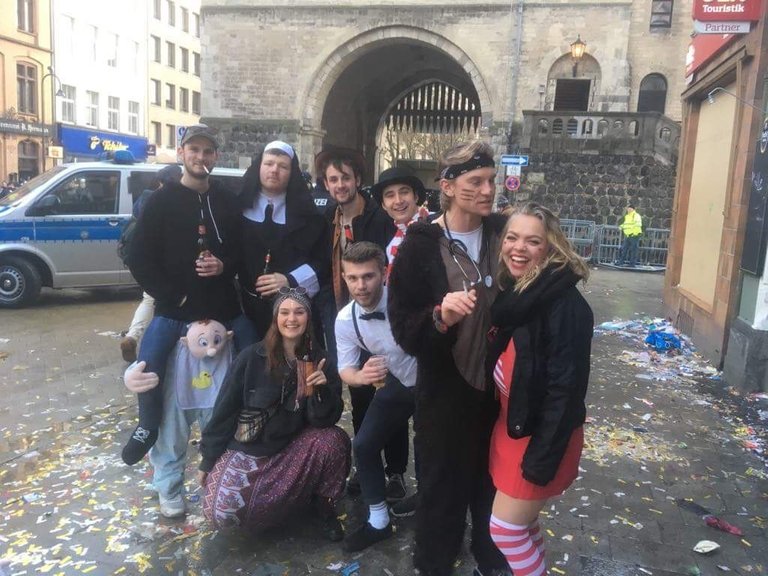
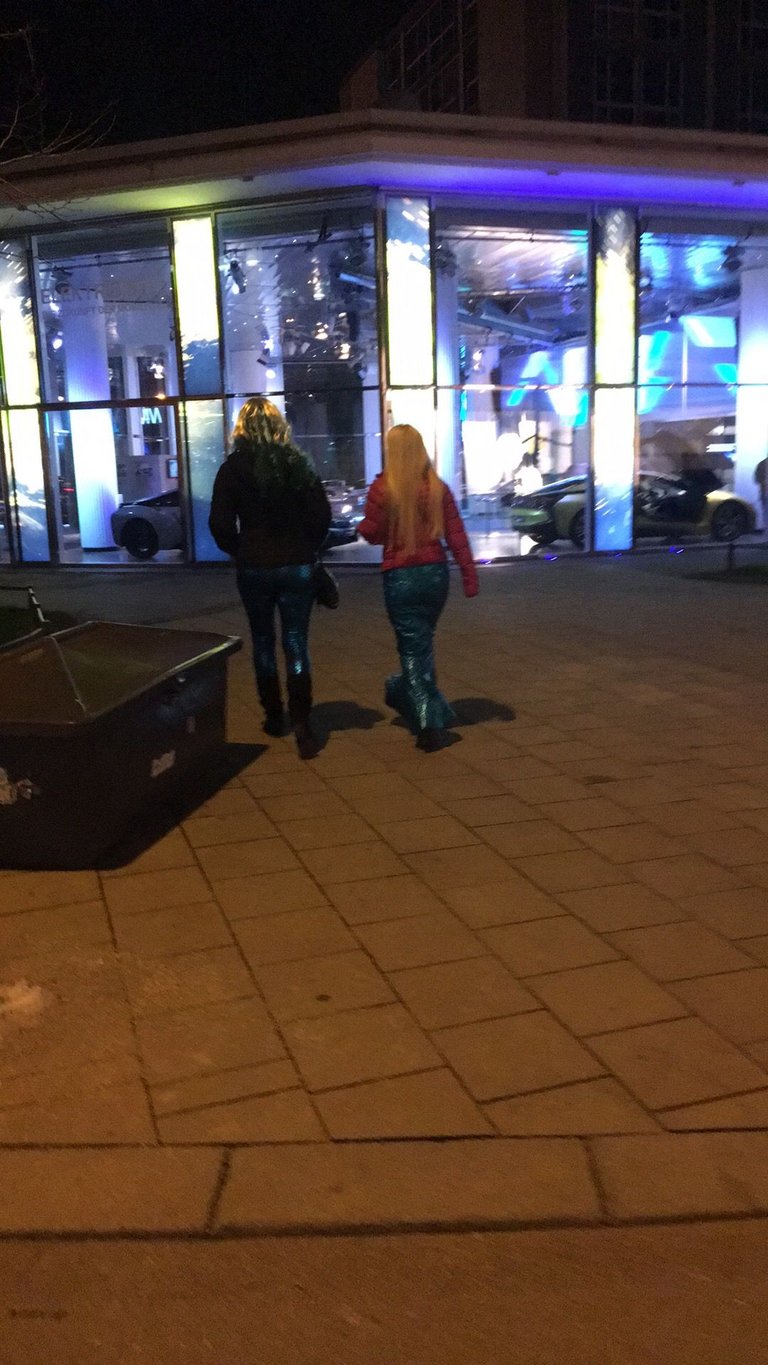
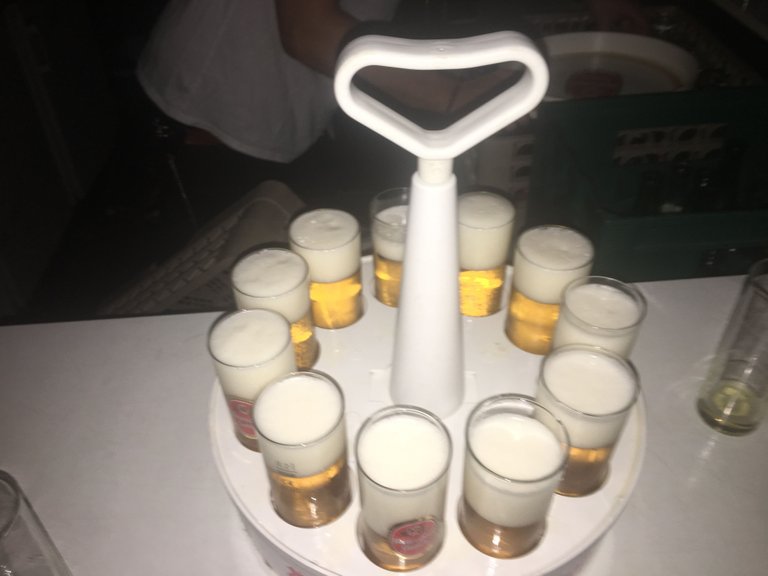
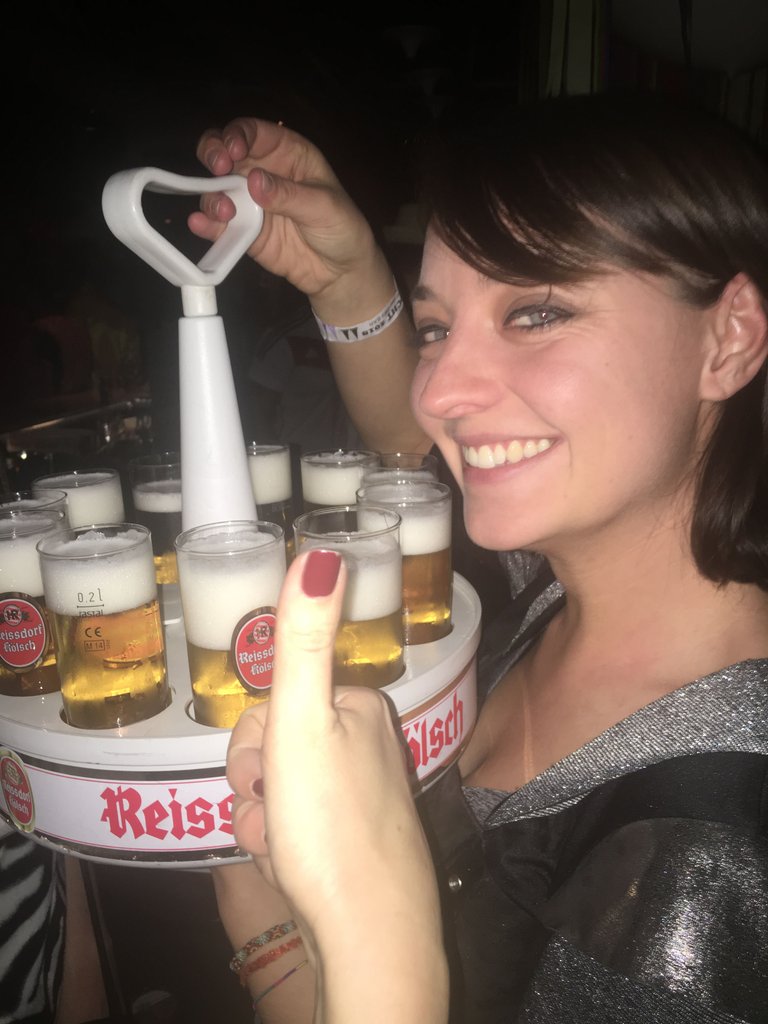
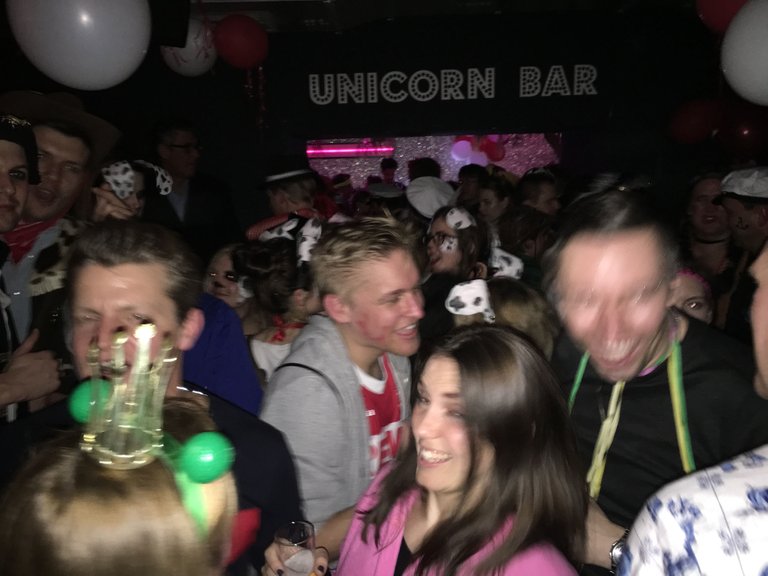
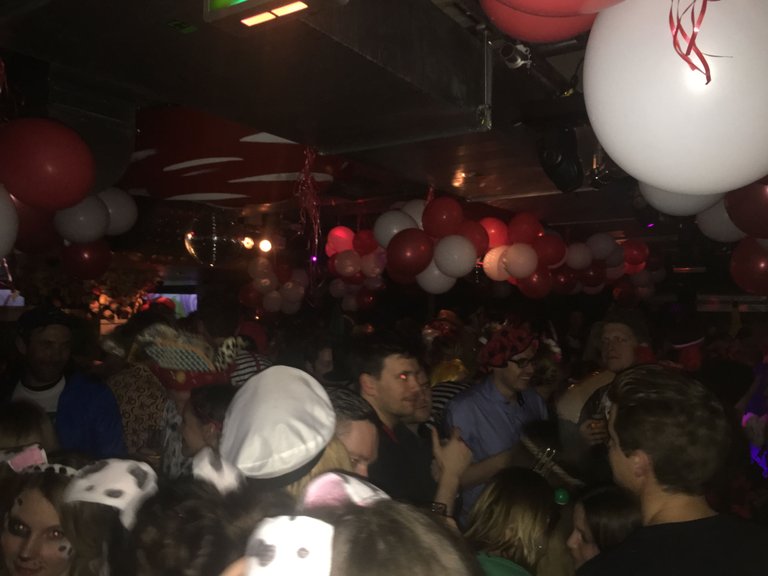

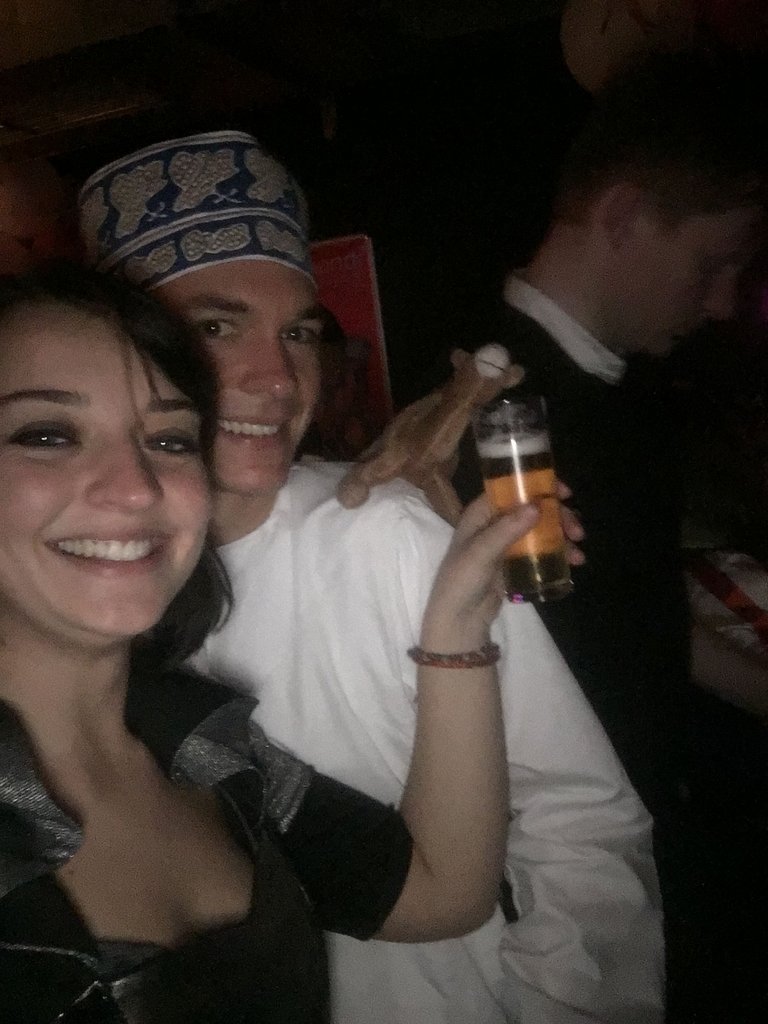
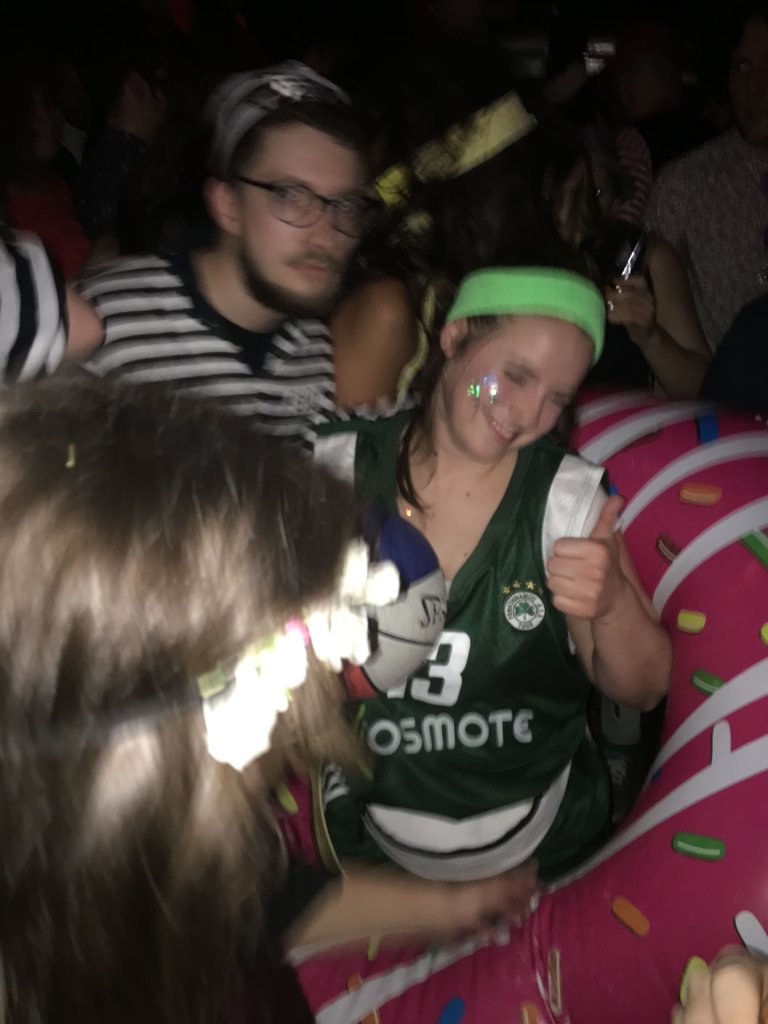
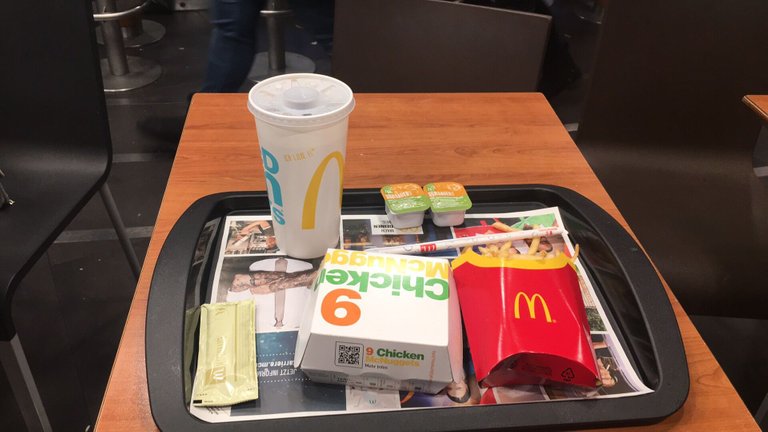
Bin über @ocd auf deinen Artikel gestossen. KölschenAbend in München. Ist ja witzig :) Ich bleib lieber in Köln.
Ich als UrKölner wollte einfach nur mal einen grüß dalassen. Hast du toll beschrieben.
Ja, Köln ist nochmal ne Stufe besser ;) Vielleicht sogar 2. Aber wir hatten trotzdem Spaß in München! Danke dir fürs vorbeischauen! Hab gesehen, du schreibst auch über travel. bin schon gespannt auf mehr! - Following.
Ja komme auch aus der travelecke :)
Waren die Münchener denn auch textsicher ;) ?
Hab dich auch mal gefollowed und schaue mir deinen Block bald mal in aller ruhe an :)
Lg Moriarty
Ich glaube nicht haha aber ich war auch mit Kölnern unterwegs und die haben mir die Texte ja schon letztes Jahr beigebracht :D Cool! Dann sieht man sich ja ;)